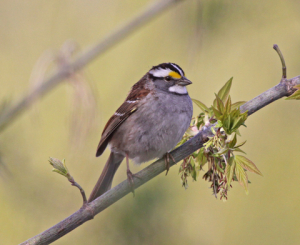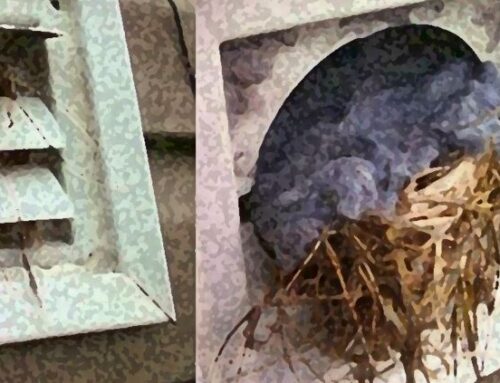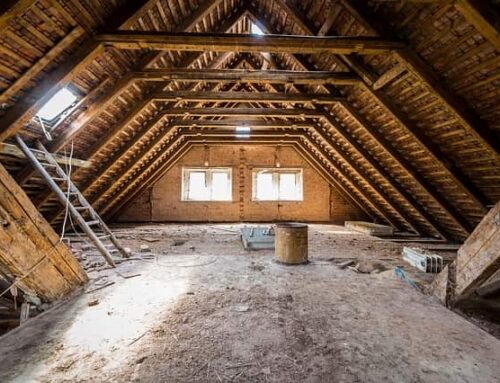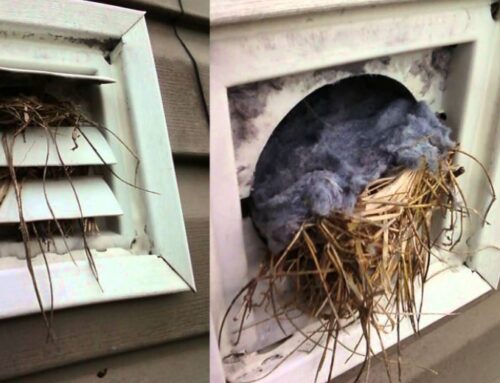Birds are an indispensable part of most ecosystems on our planet, and play a vital role in food chains, plant reproduction, etc. Most people in Halton like birds, and rarely think of birds as pests nor would they think they one day would need bird removal services. However, we need to take into account the health risks that they sometimes pose to people and the material damage they cause – both of which lead to a need to deter birds.
Health Risks
Birds harbor a staggering number of parasites. According to different studies more than forty types of parasites live on the birds, in their nests, or in their roosting places. These parasites can cause several hundred diseases ranging from mild to severe and life-threatening ones. This means that bird control should always include parasite control as well. After excluding the nuisance birds from a site, it is vital to clean and disinfect thoroughly because parasites will look for a new host, and that, in most cases, will be humans or pets.
If fecal dust or bird droppings get in an open cut or wound a serious infection might occur, one that requires antibiotics treatment. This happens when handling products covered with bird feces such as porcupine wire. You need to be extra careful when cleaning a bird site, and should always remember to wear your protective gloves.
Bird Damages
Birds cause tens of millions of dollars worth of damage every year. For example, bird droppings can cause significant damage to roofs. Bird feces are highly acidic, and they eat away at many substances used in roofing. Once roof material is corroded by droppings, leaks occur. It is estimated that bird droppings can cut the life expectancy of a roof in half if they are allowed to accumulate on it.
Bird Removal Methods
You can use a number of bird control methods with varying degrees of efficacy, and you need to assess carefully the costs and benefits associated with each of them before choosing one.
Netting is one of the most preferred approaches to controlling bird roosting and nesting. It is very effective because birds cannot get used to it, as is the case with other methods. The disadvantage is the cost, which some people would not be able to afford.
Trapping can be slow and expensive but it can also be quite effective in controlling some species of birds, for example pigeons. Rooftops and feeding areas are the preferred places for setting the traps. Although small traps can have some effect, larger walk-in traps are even better. For bait, you can use corn or any kind of grain that the birds you need to get rid of enjoy eating. Constant maintenance and attendance of the traps in order to separate and release all non-nuisance birds are the downsides to this method. (This is one reason why hiring a professional is usually preferred – they will take care of doing this for you!)
Falconry is an alternative method you might want to consider if you are living in a non-urban area. However, you need to remember that birds of prey are not pets and you need to invest significant amounts of time and finances if you want to become a falconer.
The ‘scarecrow’ method employs the use of glass owls, rubber snakes or any other fake predator to scare flocking birds away from buildings. This is a safe and inexpensive method, but it will require your active involvement as the scarecrow devices need to be moved around often to avoid birds becoming habituated to them.
Bird Removal is Difficult for Homeowners
Unfortunately, all of these tips for getting rid of nuisance birds have their downsides. There is no single most effective method of bird removal, and most often you will have to use a combination of approaches over a period of time. Patience and persistence are the key! And remember that hiring a professional who specializes in wildlife control here in Halton (including the City of Burlington and the Town of Oakville) is always the least stressful option.
If you require Regional Wildlife services to get rid of nuisance birds on your property, contact us today!
Photo Credit: © Chris Hill | Dreamstime.com





